Longshore & Harbor Workers’ Compensation act (USL&H)
OVERVIEW
Purpose of the Longshore Act
Who is covered by the Longshore Act?
Employees engaged in maritime work or in maritime occupation. This includes longshoreman or other person in longshoring operations, and any harbor worker, including a ship-repairman, ship-builder and ship-breaker. Others engaged in maritime employment may include construction workers, maintenance workers, general managers of shipyards, machinists, pipefitters, sandblasters, security guards (patrols on and off vessels), sheet metal workers and welders.
The provisions of the Longshore Act are also incorporated in several other statutes, which provide compensation for workers engaged in other activities, including the extraction of natural resources of the outer continental shelf, employment on American defense bases and work under contracts with the U.S. government for defense or public works projects outside of the continental United States.
Longshore Act exclusions
The following individuals are excluded from the Longshore Act if covered by a state workers’ compensation law:
- Individuals employed exclusively to perform office clerical, secretarial, security or data processing work
- Individuals employed by a club, camp, recreational operation, restaurant, museum or retail outlet
- Individuals employed by a marina and who are not engaged in construction, replacement or expansion of such marina (except for routine maintenance)
- Individuals who are employed by suppliers, transporters or vendors; are temporarily doing business on the premises of a maritime employer; and are not engaged in work normally performed by employees of that employer covered under this act
- Aquaculture workers
- Individuals employed to build, repair or dismantle any recreational vessel.
- Small vessel workers if exempt by certification of the Secretary of Labor under certain conditions
- A master or member of a crew of any vessel
- Any person engaged by a master to load, unload or repair any small vessel under 18 tons net
- Employees of the U. S. government or of any state or foreign government
What areas are covered?
Areas not covered include offices, public streets and shipyard shops not used in shipbuilding.
How does it work?
Similar to a state’s workers’ compensation program, the Longshore Act mandates that a number of benefits be awarded to injured workers. Employers are responsible for insuring the payment of compensation and medical benefits to injured employees through private insurance carriers or through self-insurance as directed by the Department of Labor. Benefits include the following:
- Medical, surgical and hospital services and supplies
- Weekly indemnity benefits at 66 2/3% of the employee’s weekly salary, subject to the specified maximum in effect at the time of injury for as long as the effects of the injury continue
- Compensation for permanent impairment of specified limbs, hearing loss and loss of earning capacity
- Vocational rehabilitation services if a worker cannot return to previous employment
- Death benefits to a surviving widow or widower or other eligible survivors, if the injury causes death, including funeral expenses up to $3,000 and 50% of the employee’s weekly wages for life or until remarriage. Awards of 16 2/3% for dependent children end at age 18, but can be extended if the child is a student or incapable of self-support.
If any installment of compensation payable without an award is not paid within 14 days after it becomes due, an additional 10% is added to the unpaid installment. When there is a conflict between an employer and the Office of Workers’ Compensation Programs, the Office of Workers’ Compensation Programs offers an informal mediation service that can avoid the legal costs associated with a formal hearing before an administrative law judge.
Your Workers’ Compensation Resource
Similar to a state’s workers’ compensation program, the Longshore Act mandates that a number of benefits be Since Longshore Act coverage can be a complex issue, depending on both the location and the nature of the employee’s work, it is best to discuss coverage details with Biscayne Risk & Insurance Group. More information is also available from your local Longshore District Director office. Benefit levels can be calculated using the statistics found at the Department of Labor.
HOW CAN WE SERVE YOU?
CALL | 561-571-1001
EMAIL | hello@biscaynerisk.com
HOW CAN WE SERVE YOU?
CALL | 561-571-1001
EMAIL | hello@biscaynerisk.com
SERVICES
RESOURCES
ABOUT
HOME OFFICE
Biscayne Risk Group Inc.
5571 N. University Dr. Ste. 101
Coral Springs, FL 33067
Phone | 561-571-1001
Email | hello@biscaynerisk.com


